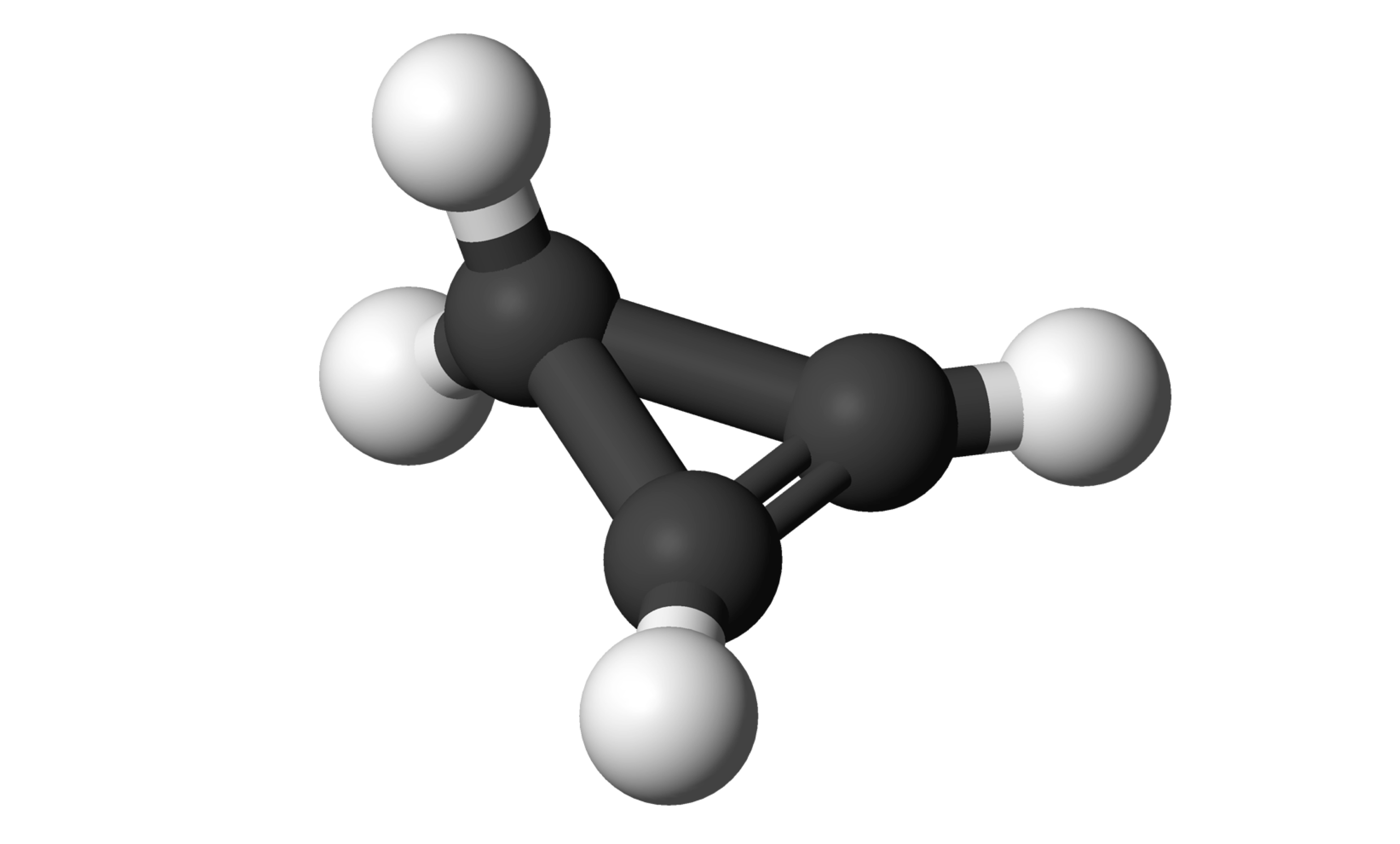Modular Control of a Bioorthogonal Ligation
Caged cyclopropenes that are unreactive until activated for controlling bioorthogonal reactivity
Significant effort has been devoted to optimizing and discovering bioorthogonal reagents that are faster, fluorogenic, and orthogonal to the already existing bioorthogonal repertoire. Conversely, efforts to explore bioorthogonal reagents whose reactivity can be controlled in space and/or time are limited. The ?activatable? bioorthogonal reagents that do exist are often unimodal, meaning that their reagent?s activation method cannot be easily modified to enable activation with red-shifted wavelengths, enzymes, or metabolic-byproducts and ions like H2O2 or Fe3+.
To address this disparity, researchers at Stony Brook designed modular, caged cyclopropenes that are unreactive to their bioorthogonal partner until they are activated through the removal of the cage by light, an enzyme, or another reaction partner. To accomplish this, the cyclopropene structure includes a nitrogen atom at the cyclopropene C3 position that is decorated with the desired caging group through a carbamate linkage. This 3-N cyclopropene system can allow control of cyclopropene reactivity using a multitude of commercially available photo- and enzyme-caging groups. Additionally, this cyclopropene scaffold can enable metabolicbyproduct or ion activation of bioorthogonal reactions. Further Details: Caged cyclopropenes for controlling bioorthogonal reactivity. Pratik Kumar, Ting Jiang, Sining Li, Omar Zainul and Scott T. Laughlin. Org. Biomol. Chem., 2018, 16, 4081?4085
 Source: Cyclopropene-3D-balls, commons.wikimedia.org/wiki/File:Cyclopropene-3D-balls.png, public domain.
Source: Cyclopropene-3D-balls, commons.wikimedia.org/wiki/File:Cyclopropene-3D-balls.png, public domain.
-The ability to control when and where the reaction occurs -Modular: a variety of activation methods can integrate into the technology to optimize it for a given application
- Research - Bioorthogonal ligation
Patent application submitted
Provisional filed
Patent Information:
| App Type |
Country |
Serial No. |
Patent No. |
Patent Status |
File Date |
Issued Date |
Expire Date |
|